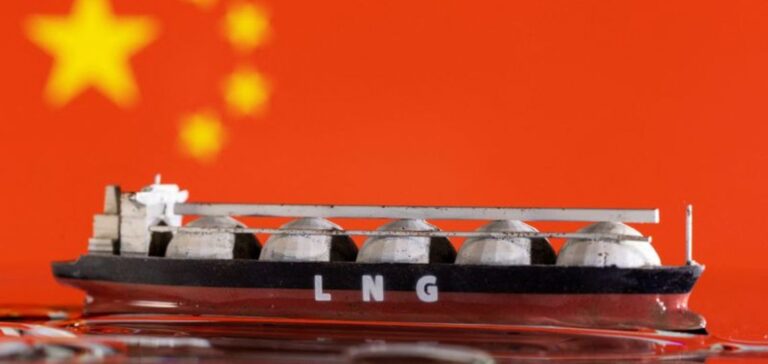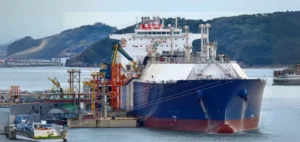Chinese LNG importers open offices in London and Singapore to manage their varied supplies. They compete with world leaders and are increasing their long-term contracts, aiming for international expansion. Importers have increased agreements with Qatar and the USA by 50%, anticipating higher volumes.
New Chinese LNG Traders on the World Market
Analysts and traders believe that “we’re going to see a paradigm shift among Chinese companies, from net importers to international and domestic trading players”, according to Toby Copson, Global Head of Trading at Trident LNG.
State-owned companies PetroChina, Sinopec, Sinochem Group and CNOOC are involved in trading. China rivals Japan for the title of world LNG importer. By 2026, Chinese companies are expected to have contracted over 100 million tonnes of LNG. Poten & Partners forecasts a surplus of up to 8 million tonnes, while ICIS predicts a deficit of 5 to 6 million tonnes.
A Potential Future as a Seasonal Supplier
Increased Chinese production and gas from Asia and Russia are enabling Chinese companies to trade in American cargoes. Arbitrage opportunities are then seized.
“I could see China becoming a seasonal seller to places like Southeast Asia, South Korea and Japan, as well as Europe,” said Jason Feer, head of business intelligence at Poten & Partners.
US LNG contracts are concluded free on board (FOB), with no destination restrictions, and consultancy Rystad Energy estimates that US volumes will account for a quarter of China’s long-term contracts by 2030. By contrast, Qatar, which will be China’s largest supplier by 2026, offers traditional LNG contracts limited to a single destination or country.
Seizing Opportunities in a Changing Market
Russia’s invasion of Ukraine has forced Europe to increase LNG imports to compensate for the loss of Russian gas. Chinese, Japanese and South Korean companies seized the opportunity as world prices climbed and the market doubled. European users are reluctant to sign long-term contracts, sending LNG to Europe to fill their tanks. This openness encourages Chinese distributors to expand into the trading sector.
An Aggressive Outlook in a Changing Market
China Gas Holdings, for example, which has signed contracts for 3.7 million tons a year of US LNG, is hiring its first two negotiators for a new office in Singapore and is looking to sign more contracts, a company executive told Reuters. It joins ENN, Beijing Gas, Zhejiang Energy and JOVO Energy in establishing a commercial presence in Southeast Asia’s energy hub. “Compared to Japanese companies, Chinese companies are much more aggressive in their expansion, with PCI and Unipec among the top payers offering packages comparable to those of the big global multinationals,” says a Singapore-based recruiter.






















